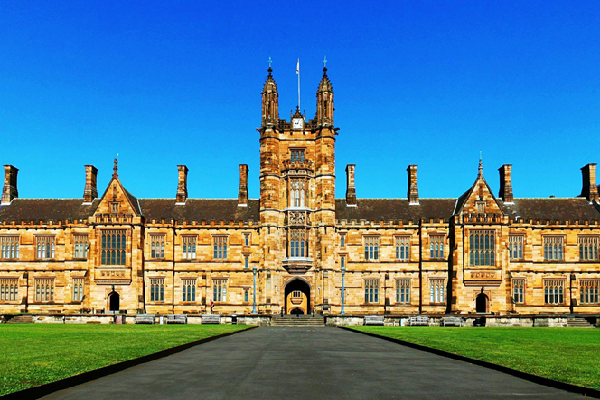Promising New Therapy Emerges for Rare Childhood Dementia
Scientists from the University of Sydney’s Charles Perkins Centre and the School of Life and Environmental Sciences have shown that a new RNA-targeted therapy can halt the progression of a specific type of childhood dementia in mice and holds potential to reverse some of the detrimental effects of this rare disease.
Aicardi-Goutières Syndrome (AGS) is among the more than 100 rare neurodegenerative genetic disorders identified as causing childhood dementia. A few thousand worldwide, including several in Australia, have AGS.
The underlying cause of AGS is interferon, the body’s own defence against infection. In AGS, excessive production of interferon in the brain leads to neuroinflammation and neurodegeneration.
Although many newborns with AGS show no symptoms, they typically develop severe neurological issues and lifelong physical impairments within the first two years of life.
With no cure currently available, existing treatments for AGS focus on symptom management. The urgent need for an effective therapeutic approach has prompted researchers to explore innovative solutions.
The new approach targets the interferon alpha receptor using antisense oligonucleotides. These therapies are designed to seek out, bind to, and degrade messenger RNA (mRNA) in a highly specific manner, reducing the amount of disease-causing protein. Antisense oligonucleotide therapies have shown potential in treating various neurological diseases, including SOD1-dependent ALS, a fatal motor neuron disease.
In a study, published in The Journal of Clinical Investigation, researchers found that when mice received the treatment directly into their central nervous system, it significantly reduced the interferon response in the brain, reducing both neuroinflammation and neuronal damage and restored the integrity of the blood-brain barrier.
Dr. Barney Viengkhou, lead author of the new paper, stated, “The fact that we observed the treatment’s effectiveness in halting and even reversing some neuropathological features in older mice with more advanced disease is particularly exciting.”
Patrick Winters, Research Director of the Aicardi-Goutières Syndrome Advocacy Association (AGSAA), expressed his enthusiasm for the findings, saying, “As a passionate advocate for Aicardi-Goutières syndrome, I celebrate the findings in this study. This new drug therapy offers real hope for managing this disease effectively. It’s a potential breakthrough that may lighten the burden for those battling this rare and serious condition. This discovery signals a brighter future for AGS.”
Seeking the molecular mechanism behind AGS
For the past 10 years, the University of Sydney research team led by Associate Professor Markus Hofer has been investigating the molecular mechanisms underlying AGS development.
“Our understanding of the pathological processes involved in AGS has evolved significantly,” said Associate Professor Hofer. “We learn more with every study and with the experiences shared by families affected by AGS.”
“This research marks a crucial step forward in the quest for effective treatments for this devastating condition.”
This study was conducted in partnership with Ionis Pharmaceuticals, who developed the treatment, and Biogen, with further research underway. With animal studies now complete, the findings look set to inform human trials in the future.
New hope for families in the future
Paediatric neurologist Professor Russell Dale, who cares for 10 children with AGS at the Children’s Hospital at Westmead, remarked, “We sadly have few options for children who are deteriorating and losing developmental skills. This targeted ASO therapy approach provides hope for these families in the future.”
Associate Professor Hofer added, “It’s possible that in the future this treatment strategy could be applicable to similar conditions.”
This is especially crucial given the alarming statistics surrounding childhood dementia.
Childhood dementia claims more young lives each year in Australia than childhood cancer. It affects one in 2,900 births, and around 1,400 young Australians are currently living with childhood dementia.
“This groundbreaking research has the potential to change the lives of children with dementia caused by AGS across the world, and the learnings will spill over to therapy development for many other types of childhood dementia as well, says Dr Kris Elvidge, Head of Research at the Childhood Dementia Initiative.
“There is an urgent need to develop not only new innovative treatments but also to provide appropriate care and support for families affected by childhood dementia.”

